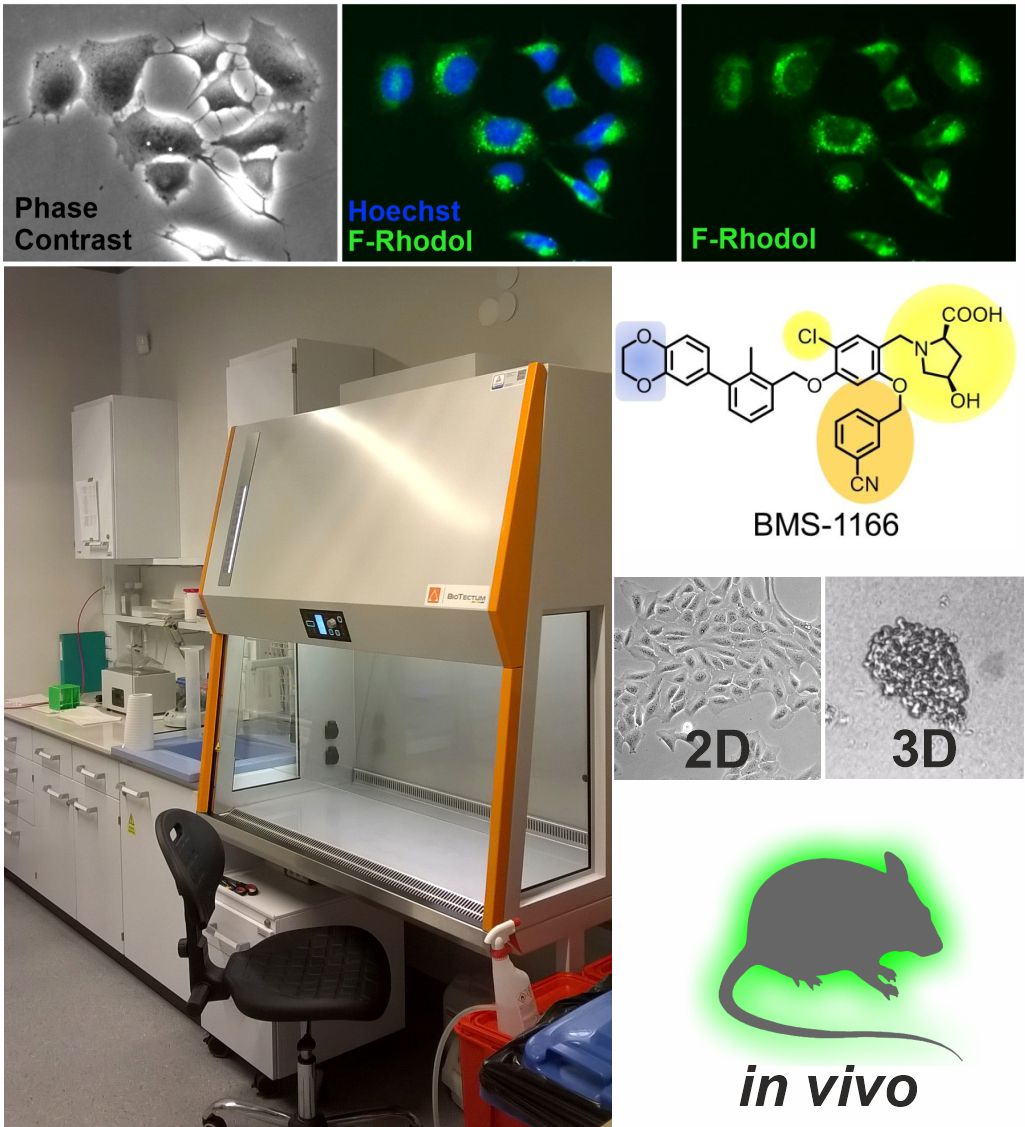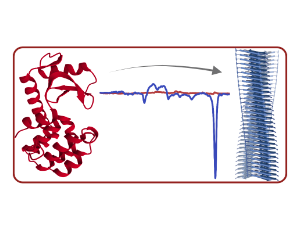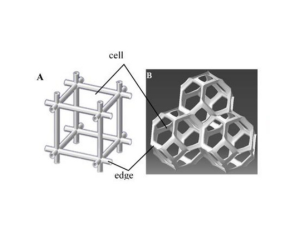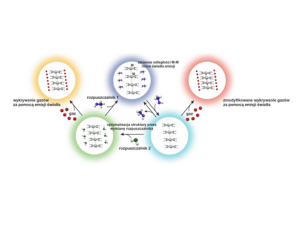
Pursuant to § 7 sections 1 and 3 of Resolution No. 91/IX/2021 of the Senate of the Jagiellonian University of 29 September 2021 on: the rules of recruitment for the Doctoral School of Exact and Natural Sciences at the Jagiellonian University in the academic year 2022/2023, the Director of the Doctoral School of Exact and Natural Sciences announces a competition for one doctoral student with a scholarship financed from the research project funds as part of the PhD study programme Chemistry.
Within the Sonata Bis 11 project entitled “Photoswitchable and chimeric molecules for spatially restricted and endoplasmic reticulum-specific blockade of PD-L1 protein”, a commission set up at the School will conduct recruitment for the PhD study programme Chemistry.
The project manager, dr hab. Lukasz Skalniak, PhD offers an opportunity to complete the doctorate in the following area: In vitro and in vivo characterization and modeling of immune checkpoint expression for testing novel immunotherapeutic strategies
After the interviews and the evaluation of the candidates, the Chairman of the committee presents a report to the Director containing a list of candidates recommended for admission to the school as part of the research project.
Project description:
In recent years, immunotherapy has led to a revolution in the treatment of many types of cancer that were considered difficult to treat or even incurable, thus earning it the title of the fifth pillar of cancer therapy. Blockade of the PD-1/PD-L1 immune checkpoint is one of the most common strategies in modern immunotherapy.
In the project presented here, new small-molecule compounds resulting from the chemical work will be tested on isolated human cancer cells cultured in 2D and 3D setups, to verify their anticancer potential. The most effective molecules will also be tested on mouse preclinical models to ultimately verify their therapeutic potential in the living organism. In addition to targeting the PD-1/PD-L1 immune checkpoint, the expression of other known immune receptors will be evaluated in primary tumor samples from patients treated for colorectal cancer. The project will also include the derivation of new in vitro models using genetic engineering methods. The project will be carried out in collaboration with an interdisciplinary team and other research institutions.
Candidate’s profile:
- experience in laboratory work, with particular focus on working with cell cultures and knowledge of the methods of molecular biology / cell biology / biochemistry,
- willingness to take on challenges and pursue independent, creative work,
- interest in conducting scientific work and commitment to the project,
- readiness to undertake and support teamwork,
- at least good knowledge of English,
- willingness to develop own scientific career,
- readiness to learn new laboratory techniques and computer-based data analysis, as well as to participate in scientific collaborations aimed at improvement of qualifications will be appreciated.
Schedule of the competition:
- Announcement on the School's website: 22.12.2022
- Opening of the competition: 05.01.2023
- Application submission deadline: 15.01.2023
- Entrance exams: 16.01.2023-20.01.2023
- Announcement of results: 23.01.2023
- Enrolment: 24.01.2023 - 26.01.2023
- Enrollment (reserve list): 27.01.2023 - 31.01.2023
Due to the fact that until the supervisor is appointed, the PhD student's scientific supervisor will be dr hab. Łukasz Skalniak, the opinion of a researcher is not required (…) about the possibility of providing a doctoral student with scientific supervision.
Additionally:
- motivation letter




